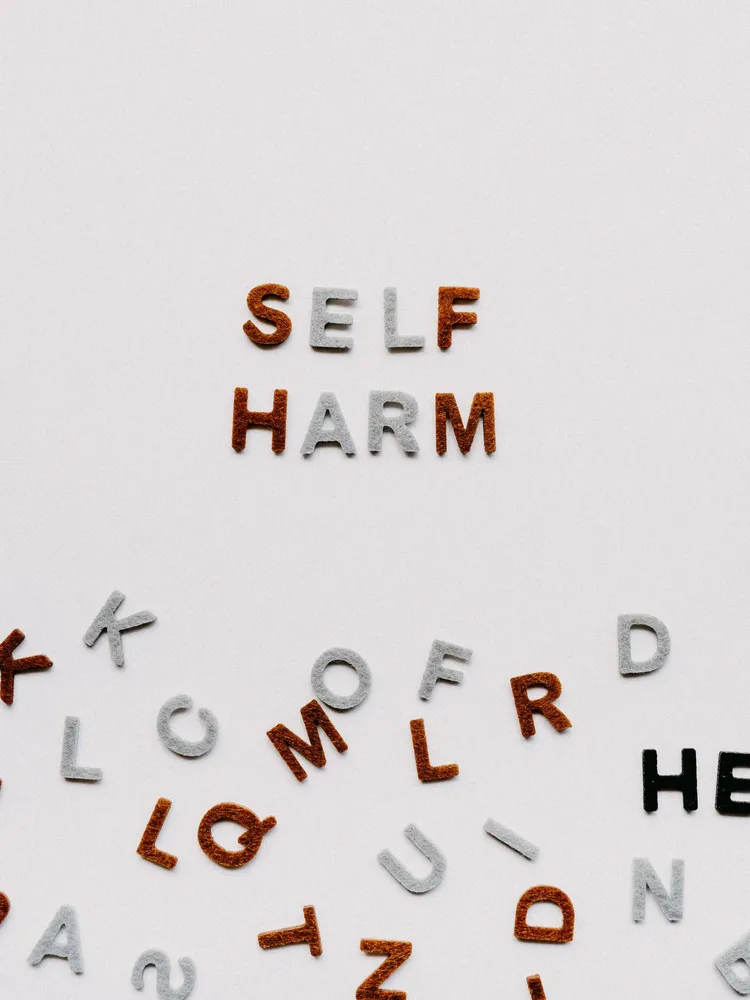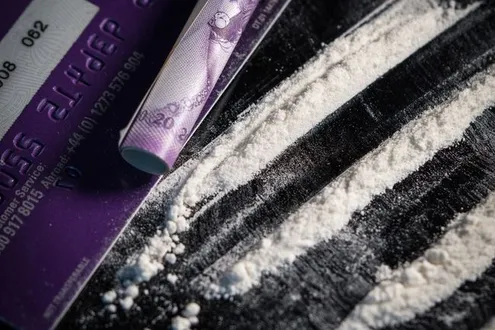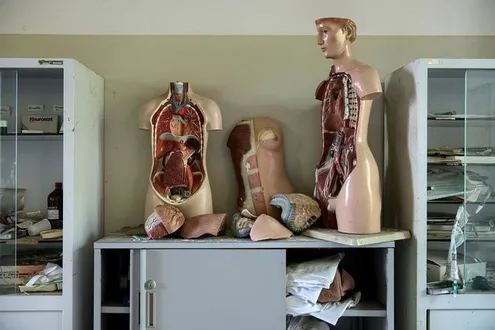Self-harm addiction is when an individual deliberately hurts themselves. They often start when someone builds up a significant number of emotions and start to feel over whelmed. Individuals may be trying to find ways to release or numb these emotions and pain they may be suffering through self-harm.
Self-harm is often related to suicide and suicidal thoughts. However, this is a common misconception when looking at diagnosis. It is possible for an individual to have a self-harm addiction but not be suicidal – it can be more of a coping mechanism to release pain and emotion rather than the intent to want to end their life. They should be diagnosed separately.
Potential treatments for self-harm include Cognitive Behavioural Therapy (CBT) and other therapies that promote healthier coping strategies. For individuals under 25, we recommend reaching out to The Mix, which provides a range of mental health support and counselling services.
Alternatively if you are struggling with addiction alongside self harm please contact our Treatment Advisors for a free assessment.

As with most addictions the feeling that self-harm creates for some people gives them feelings of pleasure or release of stress and other emotions. Often people will go to self-harm to release built up feelings or when they feel they don’t have another option of how to deal with certain situations, emotions or feelings.
As the act may create this sense of release to the person this can become addictive. For example, if someone has had a crazy day at work and their boss is putting significant pressure on them, they may feel as though they need to release the stress of the day and this could be through self-harm. Once an individual has self-harmed, they often feel more relaxed as if it has been a big release of emotions.
There can be many causes to why an individual may develop a self-harm addiction. However, the most common factors are listed below:
Poor Coping Skills: Non-suicidal self-harm usually results from the inability to cope with psychological pain in healthy ways.
Difficulty Managing Emotions: This is when a person has difficulty regulating or expressing and grasping emotions. The combination of feelings that trigger self-injury can be complicated. Among other things, it may be a feeling of worthlessness.










